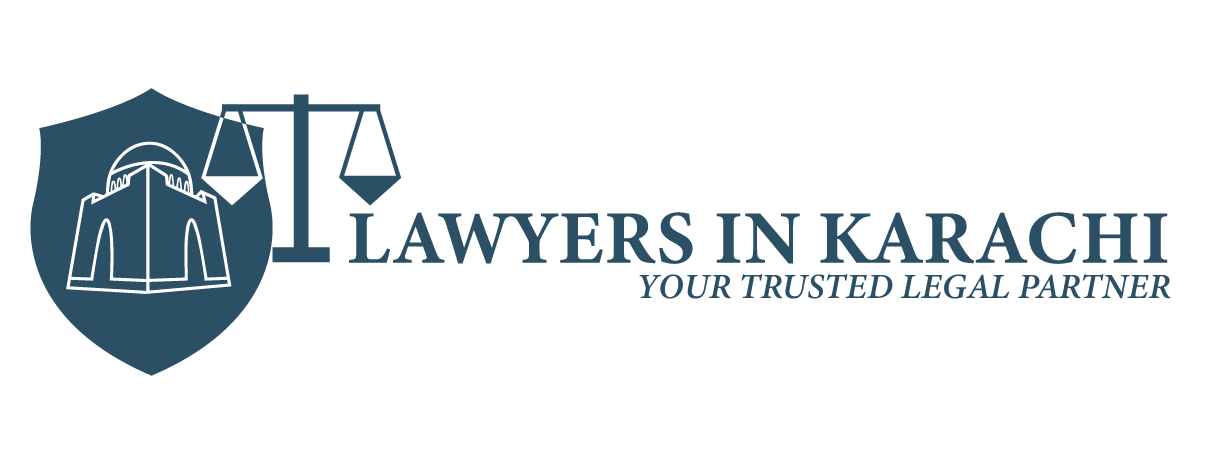Is Forex Trading Legal in Pakistan? A Complete Guide
Foreign exchange trading, commonly known as forex trading, has become a popular investment option worldwide. Many Pakistanis are also attracted to the idea of earning through currency trading. However, a common question arises: is forex trading legal in Pakistan? The answer depends on the type of trading, the platform being used, and compliance with local laws. While forex is a legitimate global market, Pakistan’s legal framework places restrictions on how it can be conducted. This article explains the legal status, risks, and opportunities of forex trading in Pakistan. What is Forex Trading? Forex trading is the exchange of one currency for another to profit from fluctuations in exchange rates. For example, buying U.S. dollars while selling Pakistani rupees, and later selling them back when the value changes. Globally, forex is the largest financial market, operating 24/7 with trillions of dollars traded daily. Platforms like MetaTrader allow individuals to trade currencies, commodities, and even indices. But when it comes to Pakistan, the legality of forex trading depends on how and where it is done. Is Forex Trading Legal in Pakistan? The direct answer is: yes, forex trading is legal in Pakistan, but only through authorized dealers and regulated financial institutions. The State Bank of Pakistan (SBP) permits currency trading through licensed banks and registered exchange companies. These entities are authorized to deal in foreign exchange under strict regulations. However, trading through online brokers and offshore platforms without proper registration is considered illegal. Many Pakistanis use unregulated international brokers, but such activities fall outside the country’s legal framework and can expose traders to risks. So, while forex trading itself is legal, the method of trading determines whether it is compliant with Pakistani law. Legal Framework for Forex Trading in Pakistan Forex trading is regulated under several laws and institutions in Pakistan: State Bank of Pakistan (SBP): Governs foreign exchange dealings and regulates banks and exchange companies. Securities and Exchange Commission of Pakistan (SECP): Oversees investment activities, including online trading platforms. Foreign Exchange Regulation Act (FERA): Provides the legal foundation for currency transactions in the country. According to these regulations, only licensed entities can offer forex trading services in Pakistan. Why Many People Trade Forex Online Despite legal restrictions, a growing number of Pakistanis trade forex online through international platforms. Reasons include: Accessibility and ease of online accounts. High leverage and the possibility of quick profits. Limited local investment opportunities. However, this creates risks because many of these platforms are unregulated in Pakistan. Risks of Illegal Forex Trading in Pakistan Individuals asking is forex trading legal in Pakistan must also understand the risks of unregulated trading: No Legal Protection: If funds are lost on an unregulated platform, Pakistani courts may not provide recourse. Fraud and Scams: Many fraudulent brokers target new traders, leading to financial losses. Regulatory Penalties: Engaging in illegal forex activities may result in penalties or account closures. Market Volatility: Forex is highly volatile, and untrained traders can face significant financial risks. These risks highlight the importance of choosing regulated and legal channels for forex trading. Legal Forex Trading Options in Pakistan For those who want to participate legally, here are the available options: Authorized Banks: Several banks provide forex services under SBP supervision. Licensed Exchange Companies: Registered companies are allowed to deal in foreign currencies. Regulated Investment Firms: Firms approved by SECP may provide access to forex-related investment opportunities. Using these channels ensures compliance with Pakistani law and reduces risks of fraud or scams. The Role of SECP in Forex Regulation The Securities and Exchange Commission of Pakistan (SECP) has taken steps to monitor online trading. It frequently issues warnings about unlicensed brokers and platforms. Traders are advised to check SECP’s official list of registered companies before engaging in any trading activities. This oversight helps create transparency and promotes safe investment practices. Future of Forex Trading in Pakistan The future of forex trading in Pakistan largely depends on how regulators adapt to global financial trends. Possible developments include: Stronger Regulations: SECP and SBP may introduce stricter monitoring of online platforms. Local Platforms: The government could encourage local, regulated forex platforms for safe trading. Increased Awareness: Educational campaigns may help investors avoid scams and understand legal trading options. Given the global rise of digital finance, Pakistan may gradually adopt clearer and more inclusive policies. Should You Trade Forex in Pakistan? If you are considering forex trading, keep the following points in mind: Trade only through authorized banks or licensed exchange companies. Avoid unregistered international brokers to stay within the law. Understand the risks of high leverage and market volatility. Never invest more than you can afford to lose. By following these guidelines, you can trade responsibly while ensuring compliance with the law. Conclusion The question “is forex trading legal in Pakistan” has a nuanced answer. Forex trading itself is legal, but only when done through authorized and regulated channels. Trading through unlicensed brokers and offshore platforms is not permitted and exposes investors to significant risks. For individuals and businesses, the safest approach is to engage with banks and exchange companies approved by the State Bank of Pakistan. This not only ensures compliance but also provides a measure of security in financial dealings. In short, forex trading in Pakistan is legal if carried out properly—but caution and awareness remain essential for every trader.



